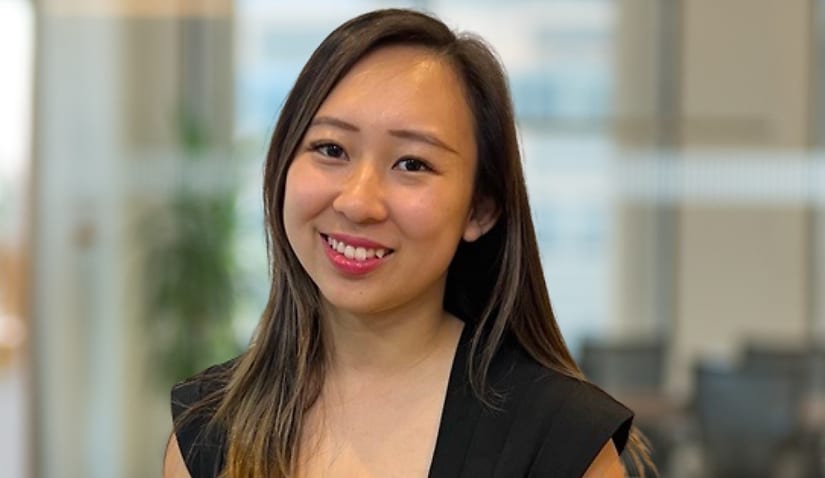Since the onset of the COVID-19 pandemic, the legal profession has undergone a seismic shift, with remote working becoming increasingly prevalent. Here, Jennie Siow discusses how these new work arrangements have presented challenges for fostering meaningful connections within the legal community.

Speaking on a recent episode of The Protégé Podcast, Jennie Siow, a corporate solicitor at Baybridge and the founder of The Legal Mixer, underscored the challenges in building meaningful professional relationships following the widespread adoption of flexible working arrangements.
“When people came back from COVID and everything was restarting, everyone was really excited to connect with each other,” she said.
“But there’s a good and bad side to introducing remote work and introducing four-day work week or three-day work weeks.”
Siow highlighted that one of the implications of these new working arrangements is that people have become accustomed to solitude and developed a comfort with being alone.
“I think one of the issues is that people eventually learned how to be alone and be OK with that,” she said.
She noted that while there is no inherent issue with being comfortable in isolation, it has raised questions among many new lawyers entering the industry.
“There’s nothing wrong with being, that people are so OK being isolated, that like that. A lot of new lawyers that go into this industry, they start to wonder, is this the rest of my life if I choose to become a lawyer?” she said.
In the legal profession, which has traditionally relied on interpersonal interactions, Siow pointed out a noticeable trend during this shift, where many lawyers have increasingly adopted a habit of communicating online, even with colleagues who are physically nearby.
“One of the things that actually heightened it was that a lot of lawyers have a habit of sending emails and messages to our colleagues within radius of our desks,” she said.
“That’s really gone up, especially after COVID, when people think it is fine for me not to walk to someone’s desk and ask them about a certain case or a file, or even if they wanted to get lunch, I could just text them because that has worked throughout COVID, too.”
As a consequence, Siow said that many individuals within the law firm find it challenging to communicate with their peers due to not having a genuine connection with them.
“A lot of people feel that they can’t approach their peers who are in the same practice simply because they don’t have that real connection yet,” she said.
Due to this reality, Siow disclosed that many of her peers have departed from the legal profession within their first year, citing challenges in establishing a sense of belonging within the legal community.
“I’ve seen a lot of my peers actually exit the law after six months and one year, which is, for me, pretty sad because you spend four or five years of your degree, and people choose to exit simply because they don’t feel they belong in the community,” she said.
Siow underscored how this reality reflects poorly on the legal profession, as it inadvertently discourages individuals from pursuing careers within it.
“This is, in a way, a sad representation of the legal profession because that’s the last thing the legal profession wants to do. As we want to be able to attract people to embark on this career and not to feel that this pathway is not as welcoming as people think it is,” she said.